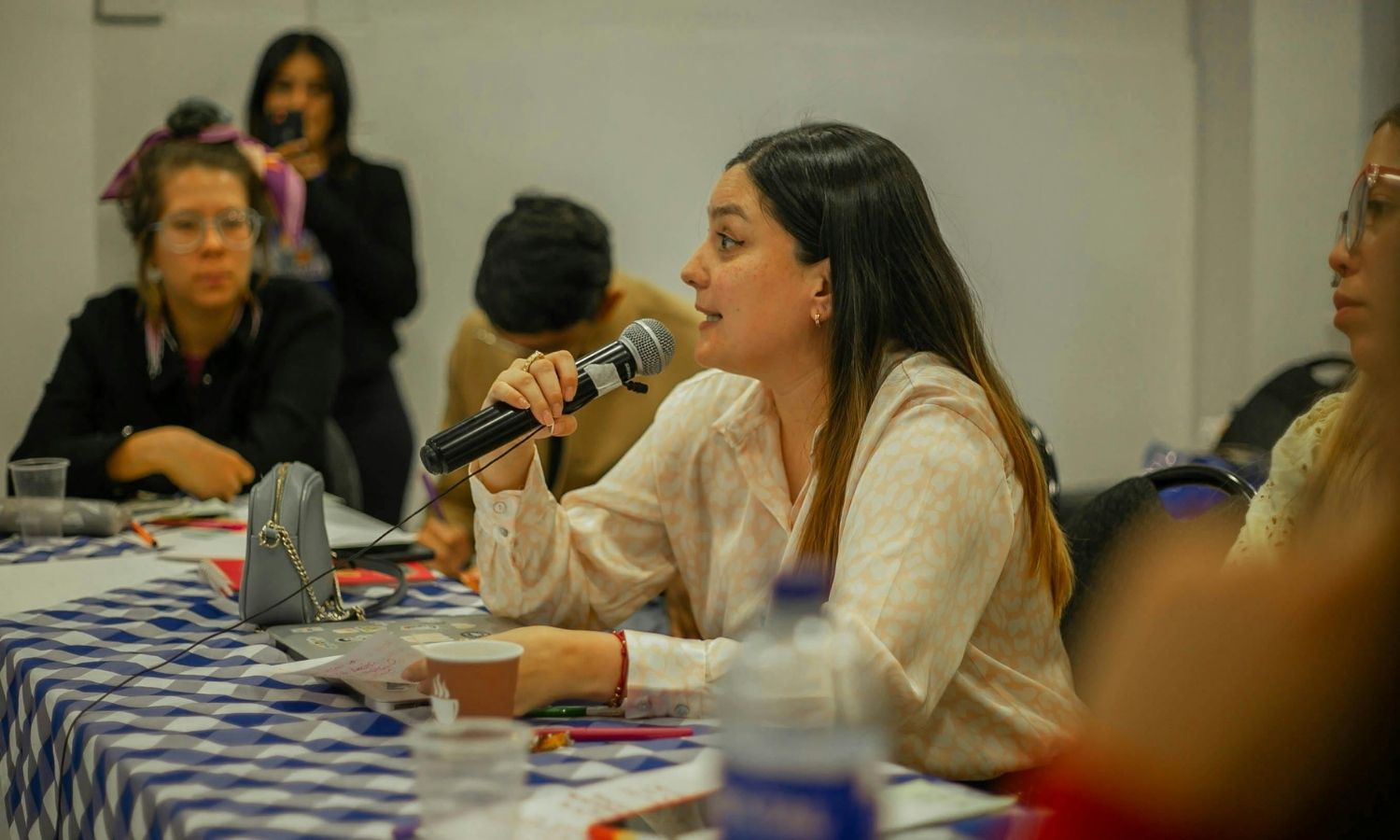When individuals engage with these ideas, they often embark on the challenging yet liberating journey of unlearning dogma to find their own personal truth.
In an age where extremist ideologies spread faster than reason, the internet has become both a battleground and a lifeline. While fundamentalist rhetoric floods social media and messaging apps, there is another force rising—online platforms that promote rational dialogue, secular values, and free inquiry.
At the forefront of this resistance stands Mukto-Mona, a pioneering space for South Asian freethinkers, skeptics, humanists, and secular activists. Built on the idea that the antidote to extremism is not silence, but critical conversation, Mukto-Mona has become a vital tool in confronting bigotry, dogma, and violence—with words, not weapons.
Extremism Thrives in Echo Chambers

Religious and political extremism doesn’t grow in isolation—it spreads through:
- Censorship of dissent
- Indoctrination in place of education
- Fear-based groupthink
- Online radicalisation via unchallenged content
Authoritarian governments, religious hardliners, and militant groups all exploit digital platforms to push anti-human ideologies—often while silencing freethinkers, feminists, and reformists.
The result? Polarisation, persecution, and propaganda.
Why Dialogue Is the Most Dangerous Threat to Extremism
Extremists fear rational discussion because:
- It undermines absolutes with nuance and evidence
- It challenges identity-based manipulation with universal ethics
- It empowers individuals to think independently
- It creates allies across cultural, religious, and national boundaries
When people are allowed to ask questions, exchange ideas, and explore doubt—extremist ideologies begin to fracture.
That’s why platforms like Mukto-Mona are seen as a threat by fundamentalists. And that’s why they’re more important than ever.
Mukto-Mona: A Platform for Reasoned Resistance
Founded by the late Dr. Avijit Roy, Mukto-Mona emerged as the first online community for Bengali-speaking secularists and rationalists. Over time, it has grown into a global network of writers, readers, activists, and allies across South Asia and the diaspora.
Here’s how it challenges extremism:
Hosting Unfiltered Dialogue
Mukto-Mona provides space for topics censored elsewhere:
- Atheism and apostasy
- Religious reform
- Feminism and LGBTQ+ rights
- Science vs. superstition
- Human rights in authoritarian regimes
Publishing Freethought Literature
From essays to ebooks, Mukto-Mona curates intellectual content that breaks taboos and provokes thought, not hate.
Supporting At-Risk Voices
Many contributors write under pseudonyms due to safety concerns. Mukto-Mona offers them a platform when their societies don’t.
Memorialising Silenced Voices
We honour those who were murdered for speaking up—like Dr. Roy, Niloy Neel, and others—ensuring their ideas live on and spread.
Digital Dialogue as a Form of Defiance
In countries where speech is criminalised and books are burned, the digital sphere becomes the last refuge for open discourse. And every post, comment, and article becomes a strike against extremism.
Dialogue isn’t weakness.
It is defiance.
When we speak freely, we deny extremists the power to define the narrative.

Why This Work Must Continue
If platforms like Mukto-Mona disappear, so does the space for:
- Peaceful counter-narratives
- Secular coalition-building
- Grassroots education
- Empowerment through ideas
Without rational spaces, extremists win by default—not by strength, but by the silence of the rational.
Final Thoughts: Dialogue Is the First Step to Liberation
Extremism thrives in shadows and silence. But light—rational, bold, and questioning—breaks through. Platforms like Mukto-Mona prove that in the face of hate, a thoughtful conversation can be revolutionary.
Because every time a freethinker posts an idea, challenges dogma, or simply asks “why?”—they plant the seed of change.
Related Posts
Why I believe critical thinking is the most vital educational tool
Explore why critical thinking is the…
The quiet journey of unlearning dogma to find personal truth
Explore why shedding inherited dogma is…



